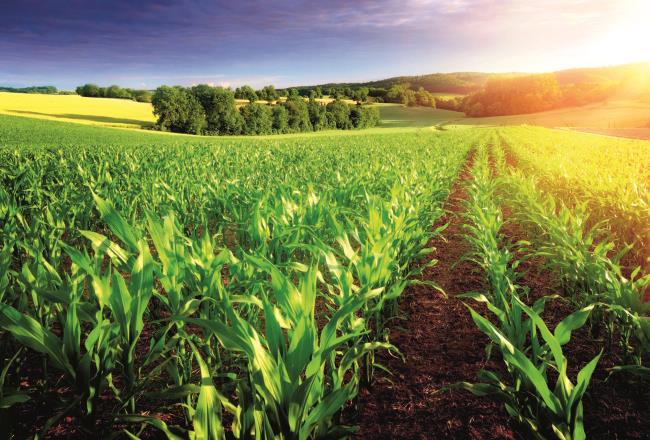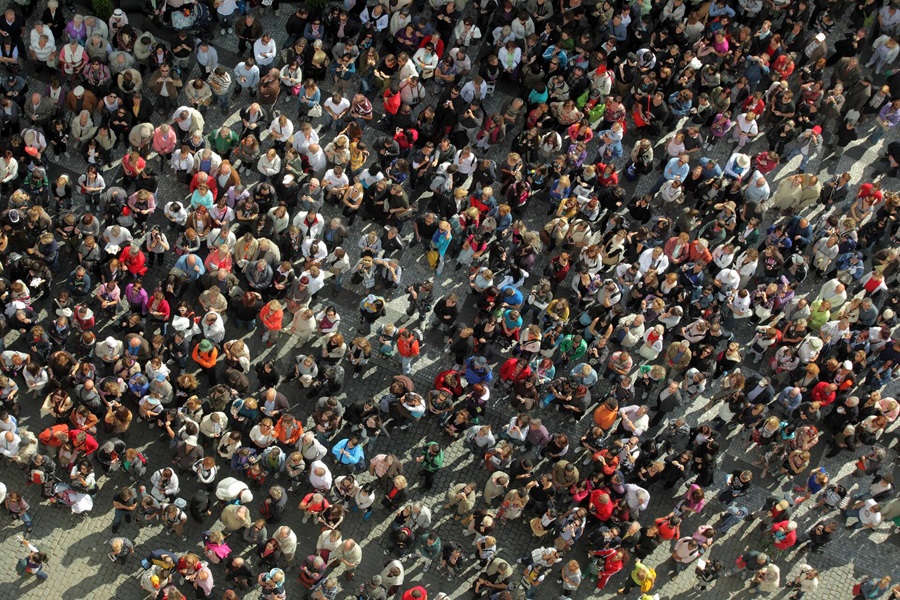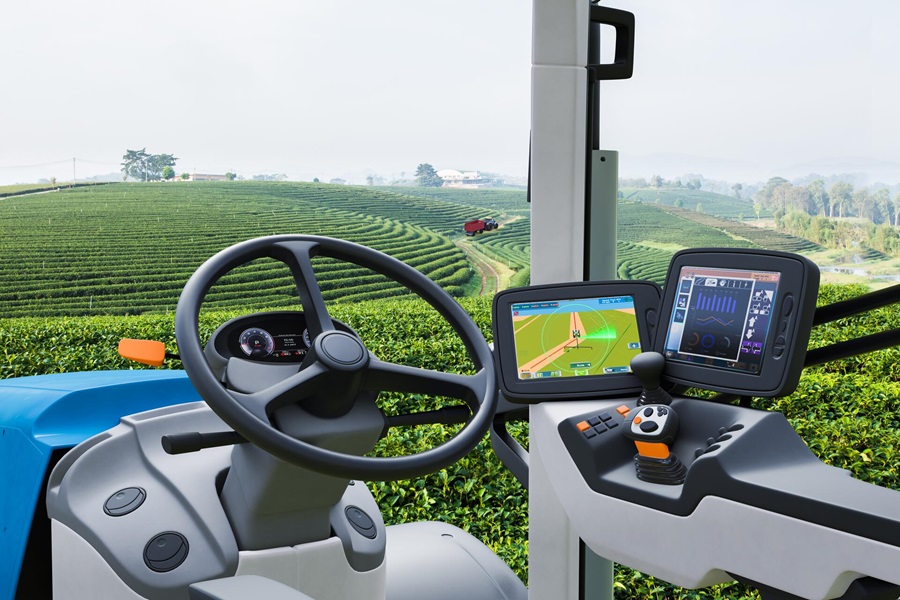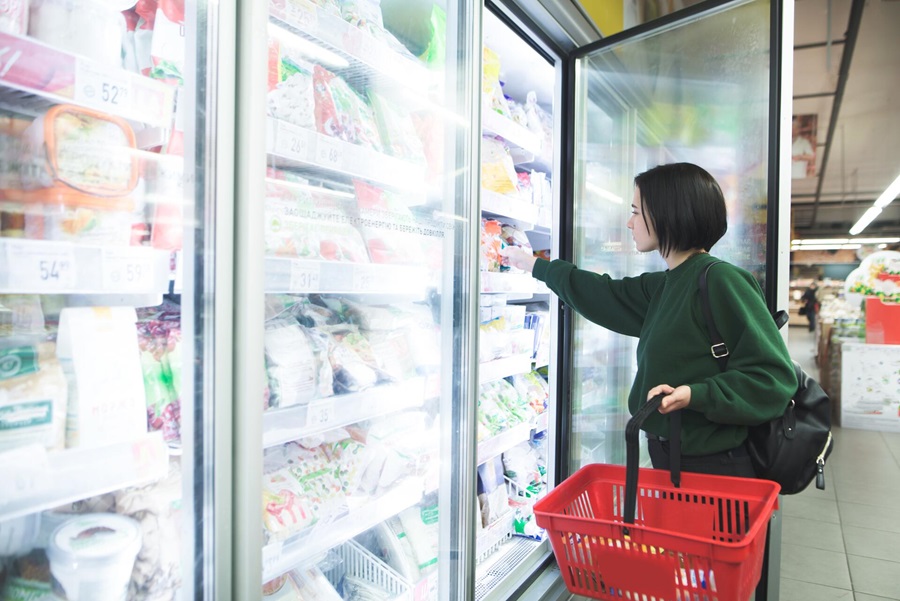
For Safe Food Supply
Here, full supermarkets; elsewhere, only millet or rice: Nutrition clearly shows social imbalances. In affluent societies, 43 percent of adults are overweight, while around 735 million people are hungry – 120 million more than before the COVID-19 pandemic. Over three billion people cannot afford a healthy meal. According to the UN, nearly 600 million people could be chronically undernourished by 2030, making the goal of ending hunger unattainable.
Increasing Demand for Food and Water
Looking further into the future, the question arises of how to adequately and well feed the 9.7 billion people expected to live on Earth by 2050 – almost 20 percent more than today. According to a study, the demand for food could increase worldwide by 30 to about 60 percent by the middle of the century, compared to 2010. Additionally, another resource is becoming increasingly scarce: water. Global demand could increase by 20 to 30 percent by 2050. Already, one in four people lacks access to clean drinking water.

Challenges of the Food System
The global food system is inefficient and unsustainable. It causes 30 percent of greenhouse gas emissions, with nearly half coming from livestock farming. About 70 percent of freshwater consumption is attributed to agriculture. Over-fertilization disrupts the nitrogen cycle, and land acquisition for monocultures leads to species extinction and climate change. About 14 percent of food is lost after harvest, and another 17 percent is wasted in trade and households. These losses cause 8 percent of greenhouse gas emissions, roughly equivalent to India's emissions, which ranks third globally.

Necessary Improvements in the Food System
The food system needs to be improved across the entire supply chain – from production to storage and transport to distribution, consumption, and disposal. According to the UN, a more sustainable system could reduce global greenhouse gas emissions by up to 10.8 billion tons per year. Changes in eating habits, sustainable production methods, and new technologies like in-vitro meat could help.
Plastics Make Food Supply Sustainable and Efficient
Not only are new production methods and technologies needed, but innovative materials can also make a significant contribution to a more sustainable food system. High-quality plastics prove useful along the entire value chain for food production. In cultivation, plastic cover films protect plants from evaporation, weed infestation, and erosion. After harvest, highly efficient plastic insulation materials help maintain a functioning cold chain, so less food is lost or spoiled. And in trade and among consumers, plastic packaging can triple the shelf life of food, according to studies.

Covestro's Contribution to Safe Nutrition
Covestro supports the food system in many areas with pioneering plastics. For example, in the production, transport, and storage of food. Or in water supply and treatment. And last but not least, by making food-related plastics even more sustainable – such as through climate-neutral production or better recyclability.















